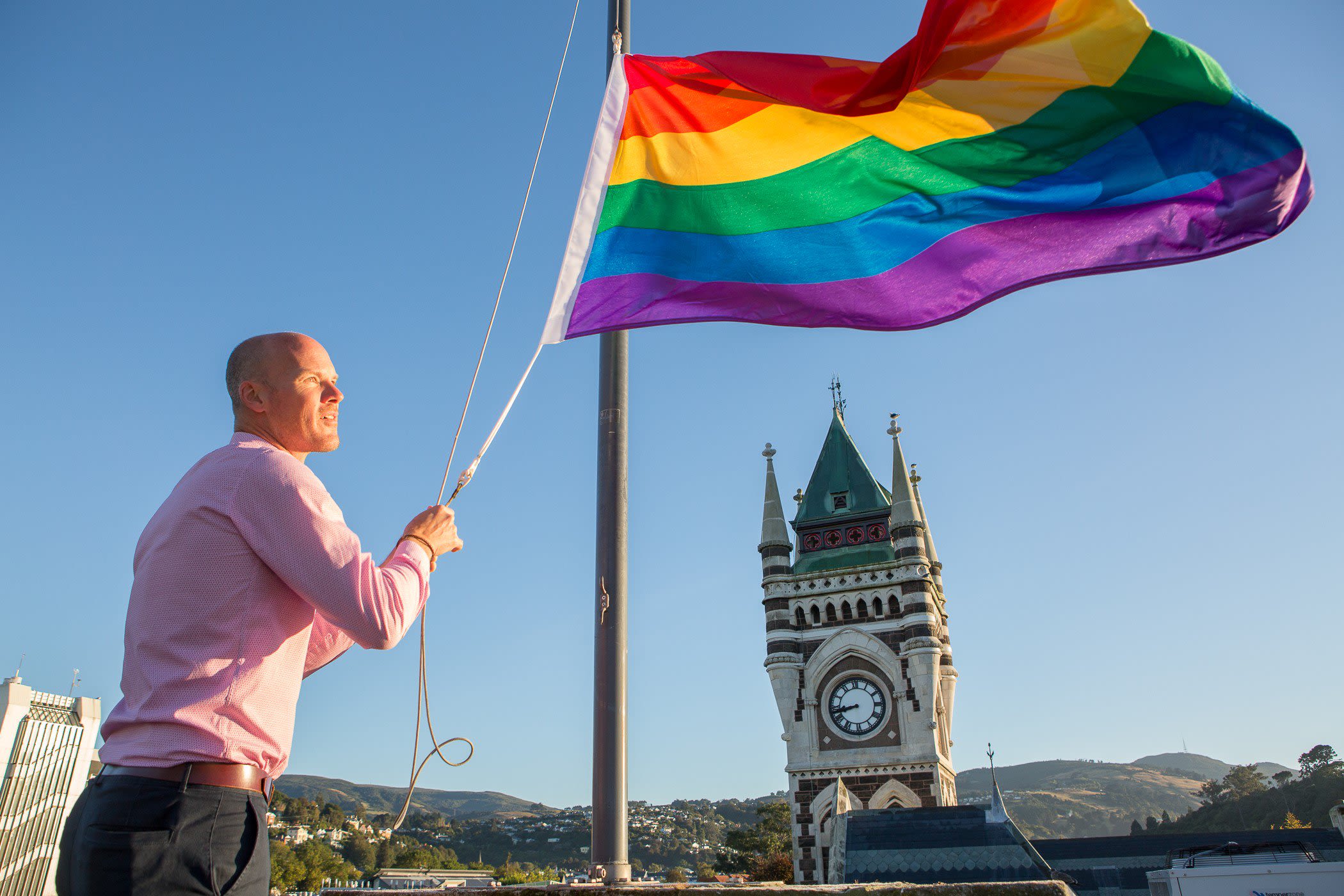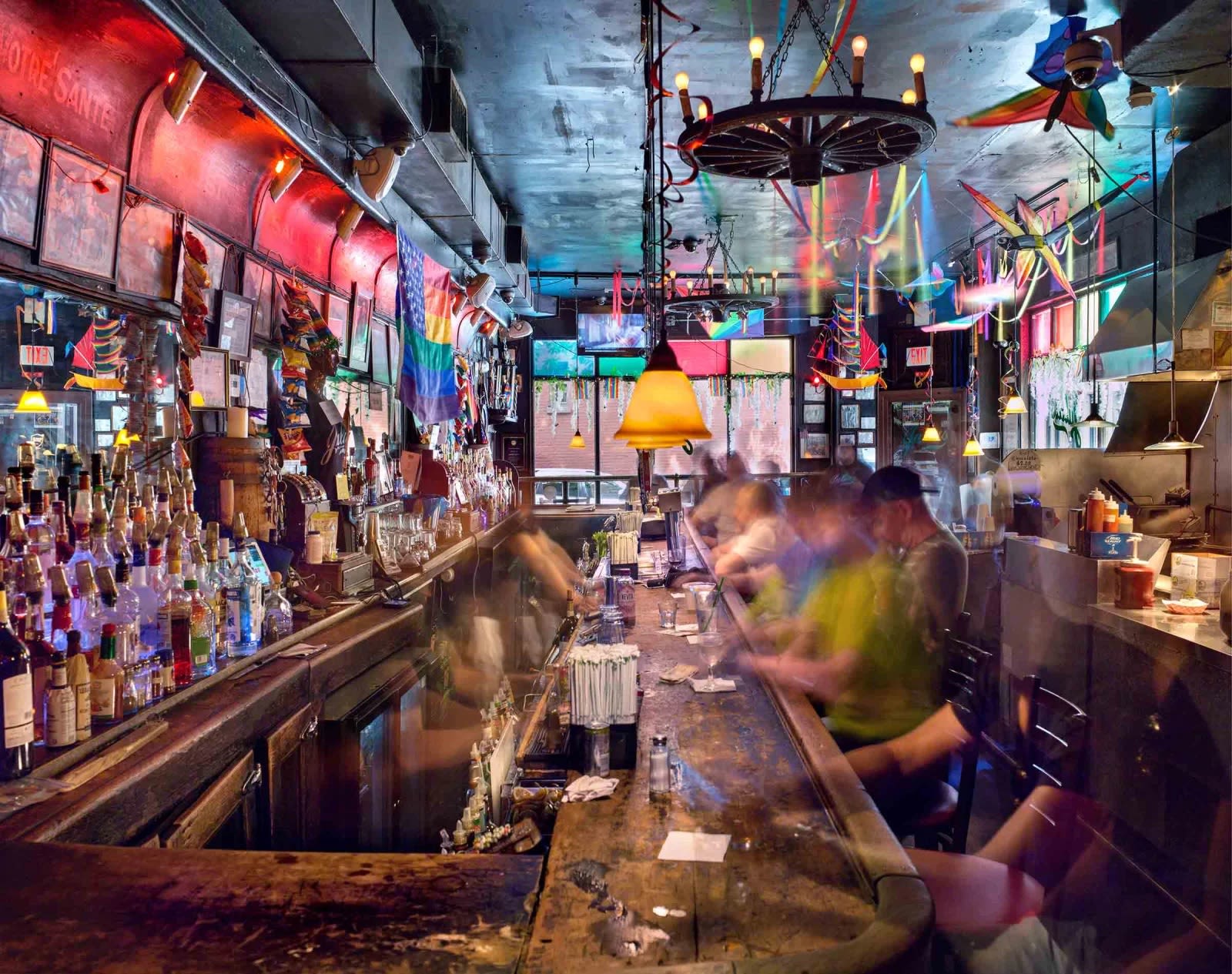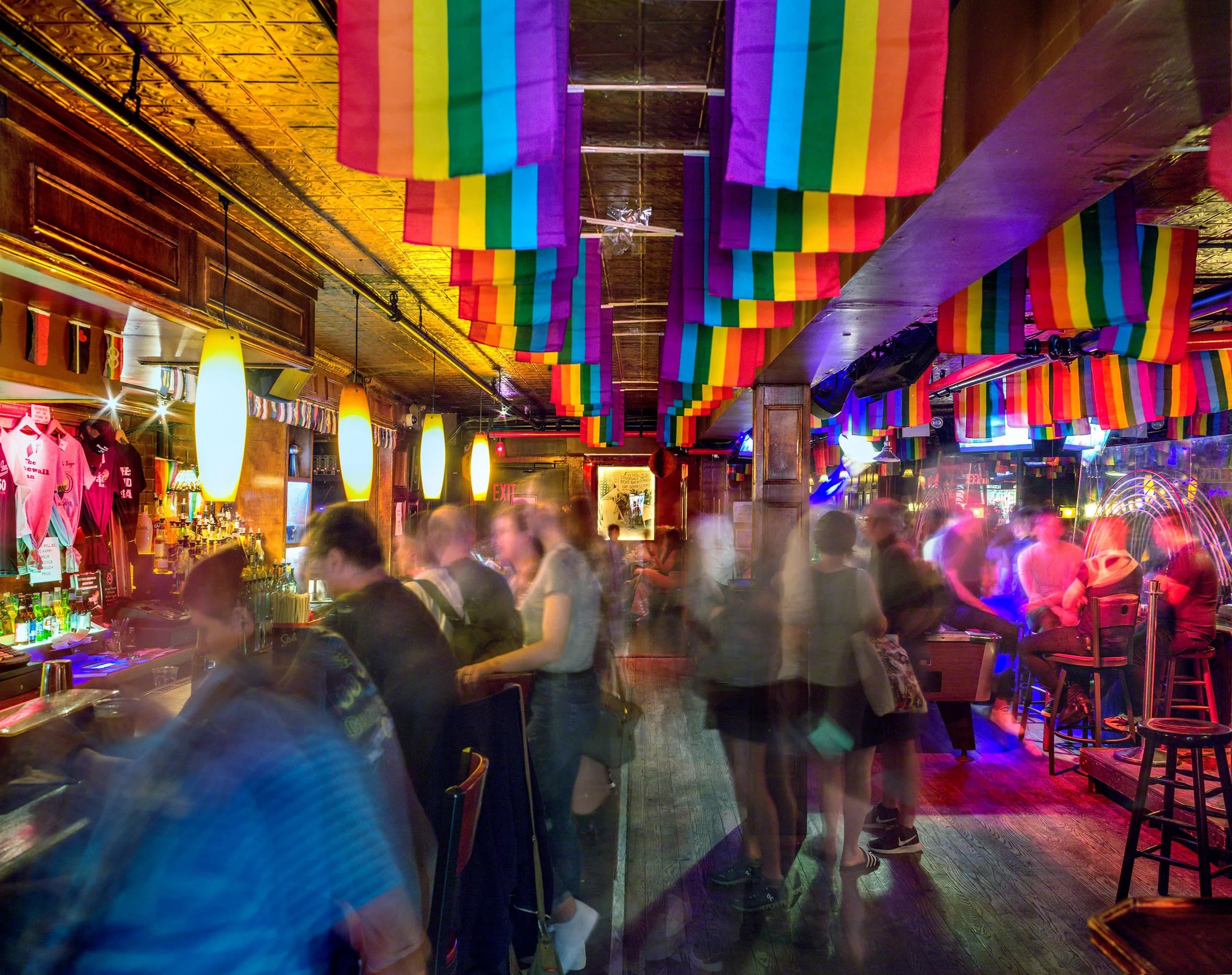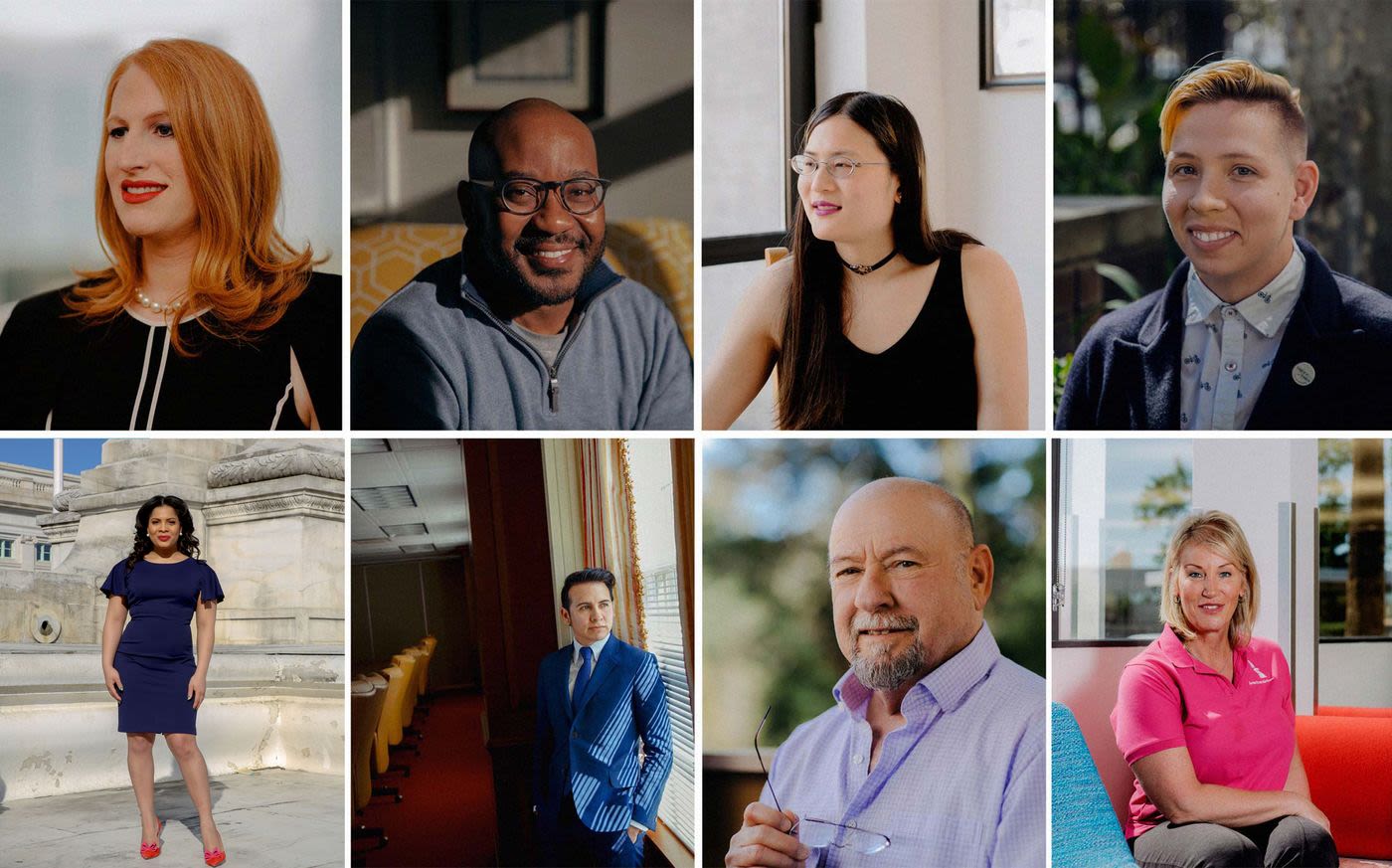Queer Bars and Gender Performativity
The necessity of physical queer spaces
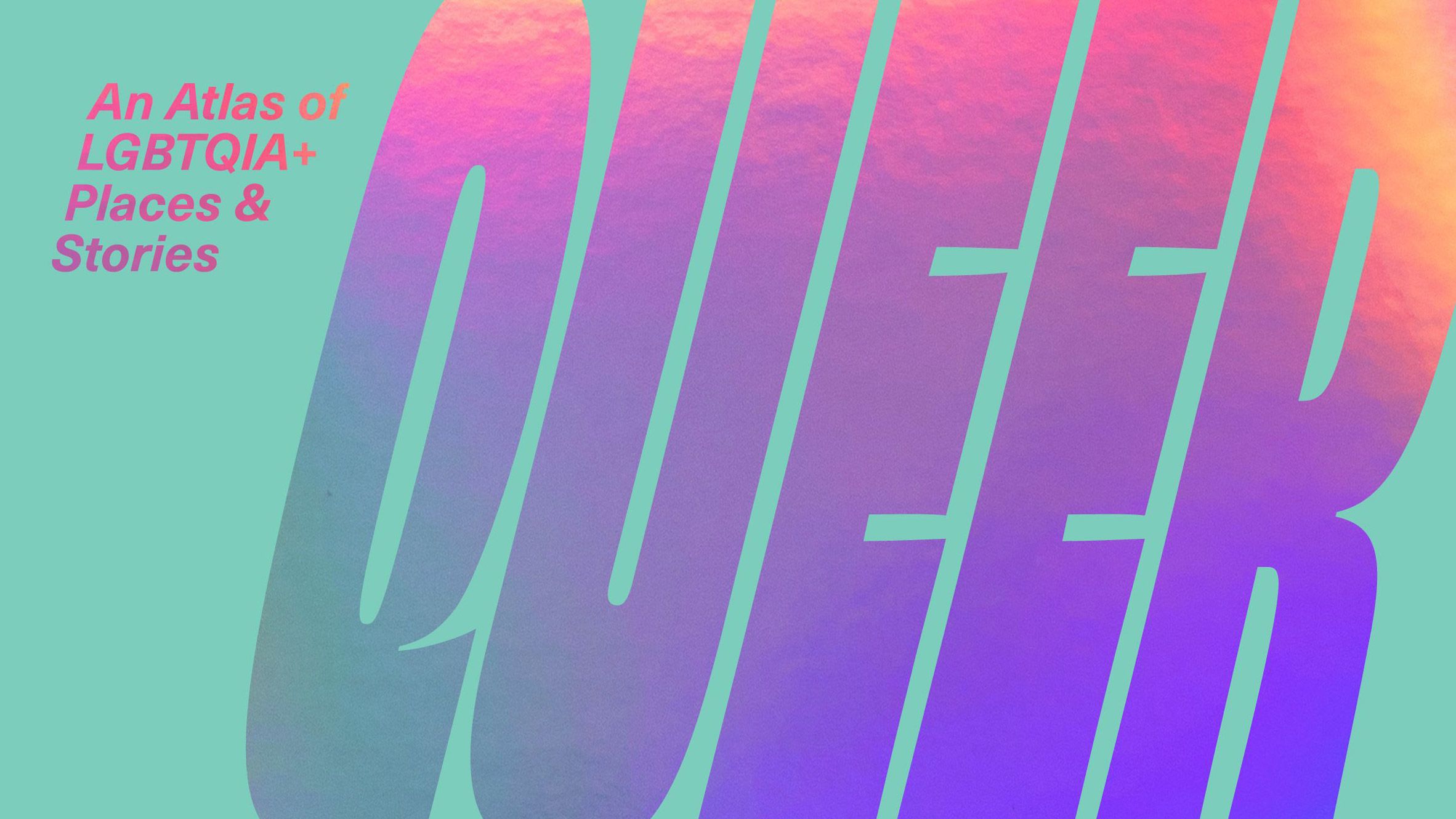
The Importance of Queer Spaces
What does 'queer' mean?
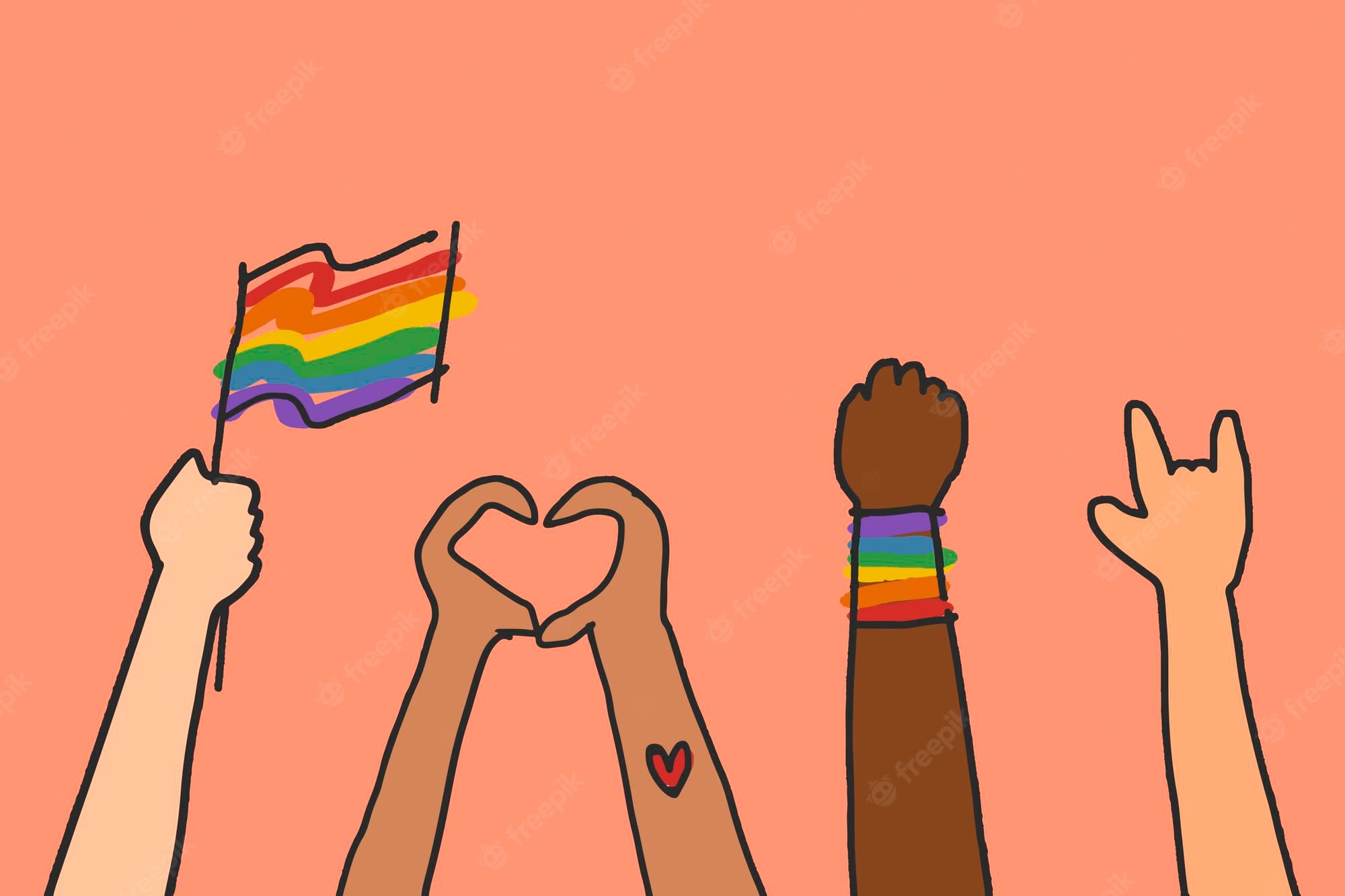
'Queer' is an umbrella term for people who aren't heterosexual or cisgender. Historically denoting "strange" or "peculiar", queer came to be used as a slur against those with same-sex desires or relationships in the late 1800's. Its modern usage encompasses both gender and sexual identities: queer means someone whose sexual orientation is not heterosexual or whose gender identity is not traditionally male or female. Hence, the term encompasses trans, nonbinary, and full spectrum of multifaceted identities.
Queerness acceptance has evolved greatly over the past few decades, and the idea of gender and sexuality being fluid is more accepted than ever before. Social media has created greater opportunities for queer people to express and perform their gender in safe spaces. However, safe spaces for queer people in the real world are increasingly hard to come by (especially during the global pandemic), which is why local queer spaces and communities are so important.
Here is a video created by the University of Manchester outlining how queer people have been impacted by Covid-19. It features three case studies of queer people from the UK and Brazil to show the importantce of queer spaces and how little queer needs are considered when crises such as Covid-19 occur.
Here is a video created by the University of Manchester outlining how queer people have been impacted by Covid-19. It features three case studies of queer people from the UK and Brazil to show the importantce of queer spaces and how little queer needs are considered when crises such as Covid-19 occur.
Connecting online to alleviate dysphoria
People in the LGBTQIA+ community are three times more likely to struggle with mental health, and approximately 40-65% more likely to struggle with suicidal ideation. The pandemic meant that support systems like queer bars, clubs, and community groups were harder to access and this made queer people more susceptible to stress and vulnerability during the pandemic. Online queer spaces are just as important as physical spaces, providing a secure place to define oneself, construct and explore identity. They also allow people to affirm their gender or sexuality in an anonymous fashion if they so wish.
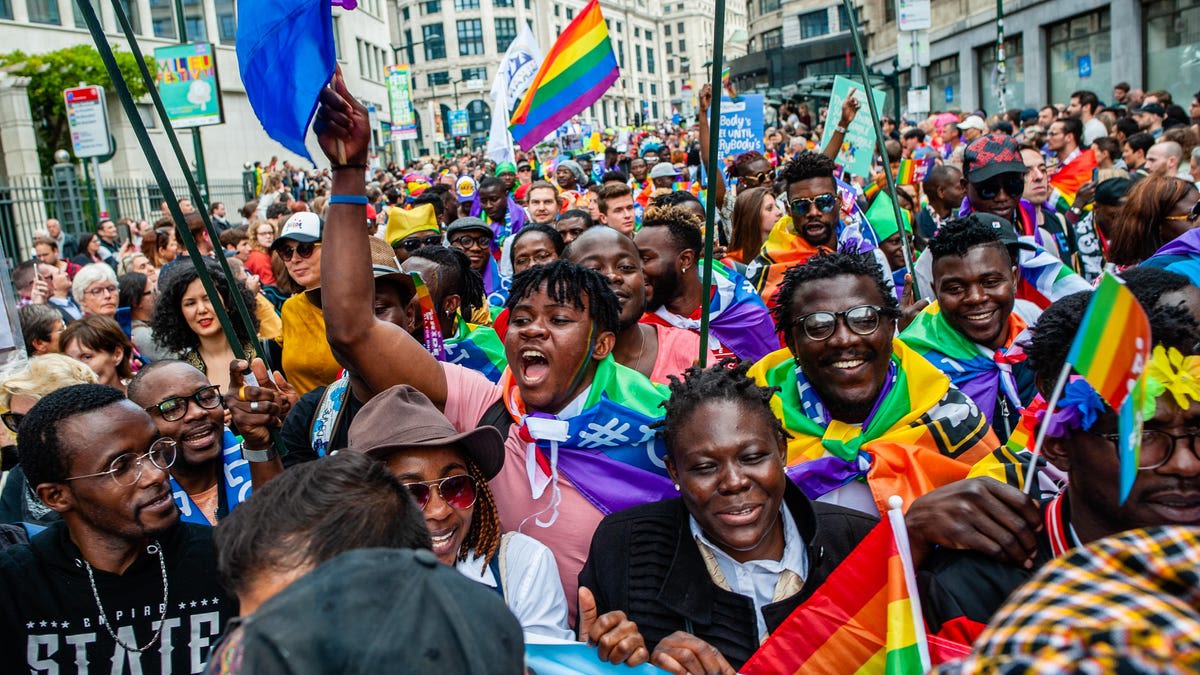
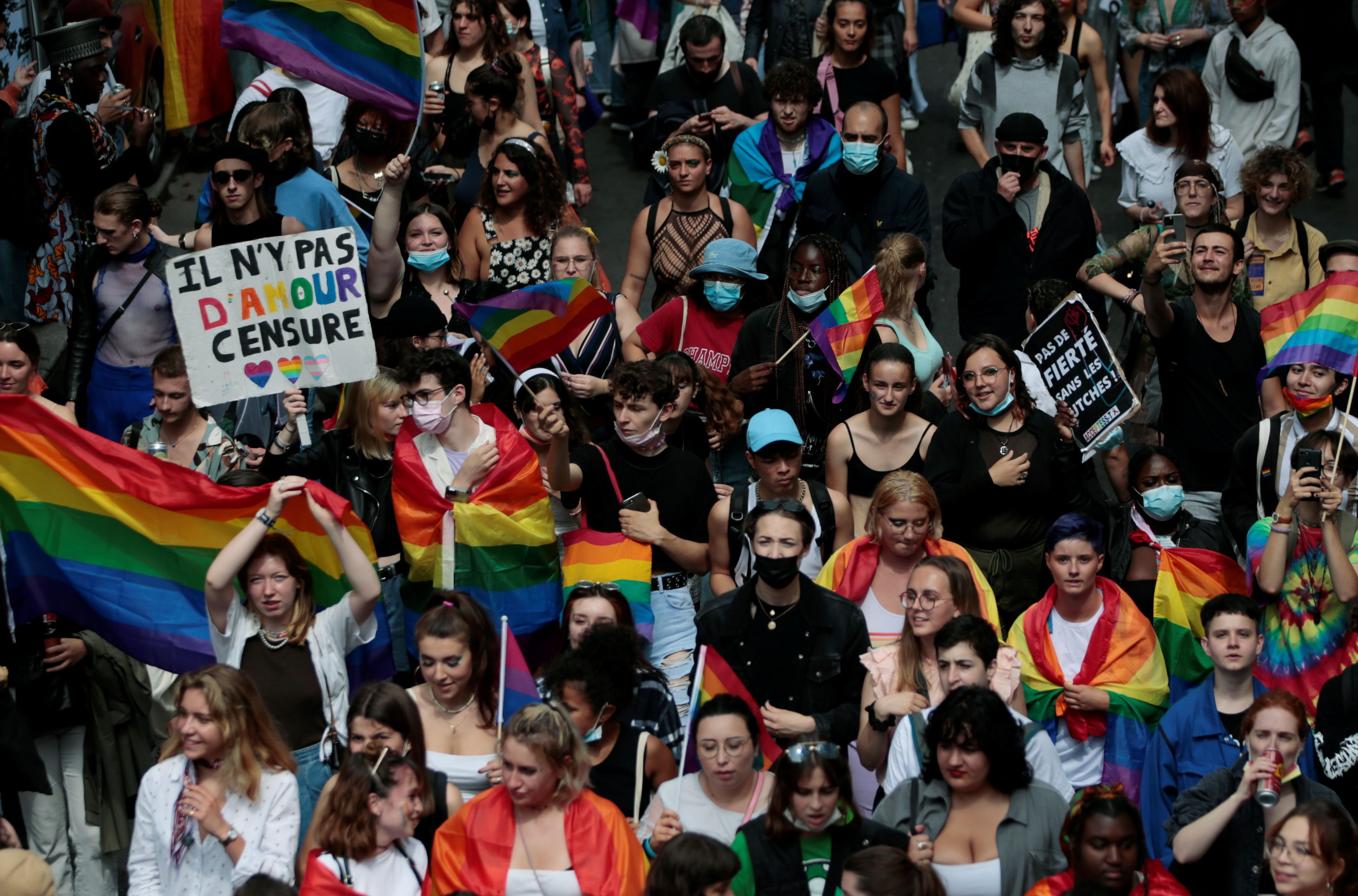
Gender Performativity
Judith Butler's 'gender performativity' poses that gender is constituted by action and speech; a series of acts whose constant repetition creates the illusion that an underlying nature exists. Gender, according to Butler, “is performatively constituted by the very ‘expressions’ that are said to be its results.” Gender is a verb or a "doing" where “the ‘doer’ is variably constructed in and through the deed”.
Gender performativity is a constant process - there is no start or end to it; one is never not performing gender.
A short interview with Judith Butler explains how repeated behaviours create the illusion of an underlying identity, as gender is not an inherent identity, but rather one that needs to be constantly produced and performed.
A short interview with Judith Butler explains how repeated behaviours create the illusion of an underlying identity, as gender is not an inherent identity, but rather one that needs to be constantly produced and performed.
These ideas were influenced by Michel Foucault and Louis Althusser. Butler critically engaged with Althusser's interpellation theory to add a 'missing theory of conscience' that she argues is needed to 'put distance between oneself and one's interpellations'. Butler expanded on the theory to add 'resignification', or 'attaching new meanings to old signifiers', such as reimagining the way 'queer' is used in a political way to empower the performance of identity.
While Butler agrees with Foucault regarding the dangers of categorization, especially related to gender, she majorly critiqued 'the paradox of bodily inscriptions' and his claim that 'the body is culturally constructed.' His claim that the body is a site where regimes of power and discourse inscribe themselves is shown to fundamentally contradict itself by invariably suggesting the body is existentially available to become the site of its own apparent construction. For Butler, there are no natural bodies or bodies that precede societal or cultural inscription.
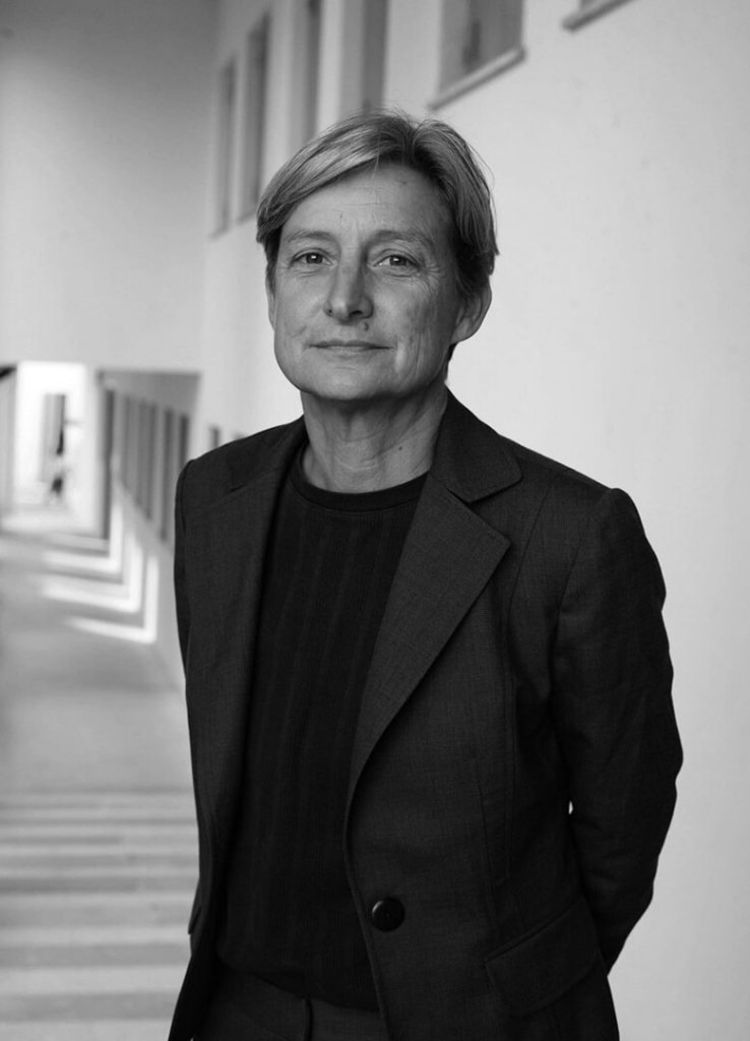
Figure 1. Judith Butler, image credit: International Catalan Institute for Peace
Figure 1. Judith Butler, image credit: International Catalan Institute for Peace
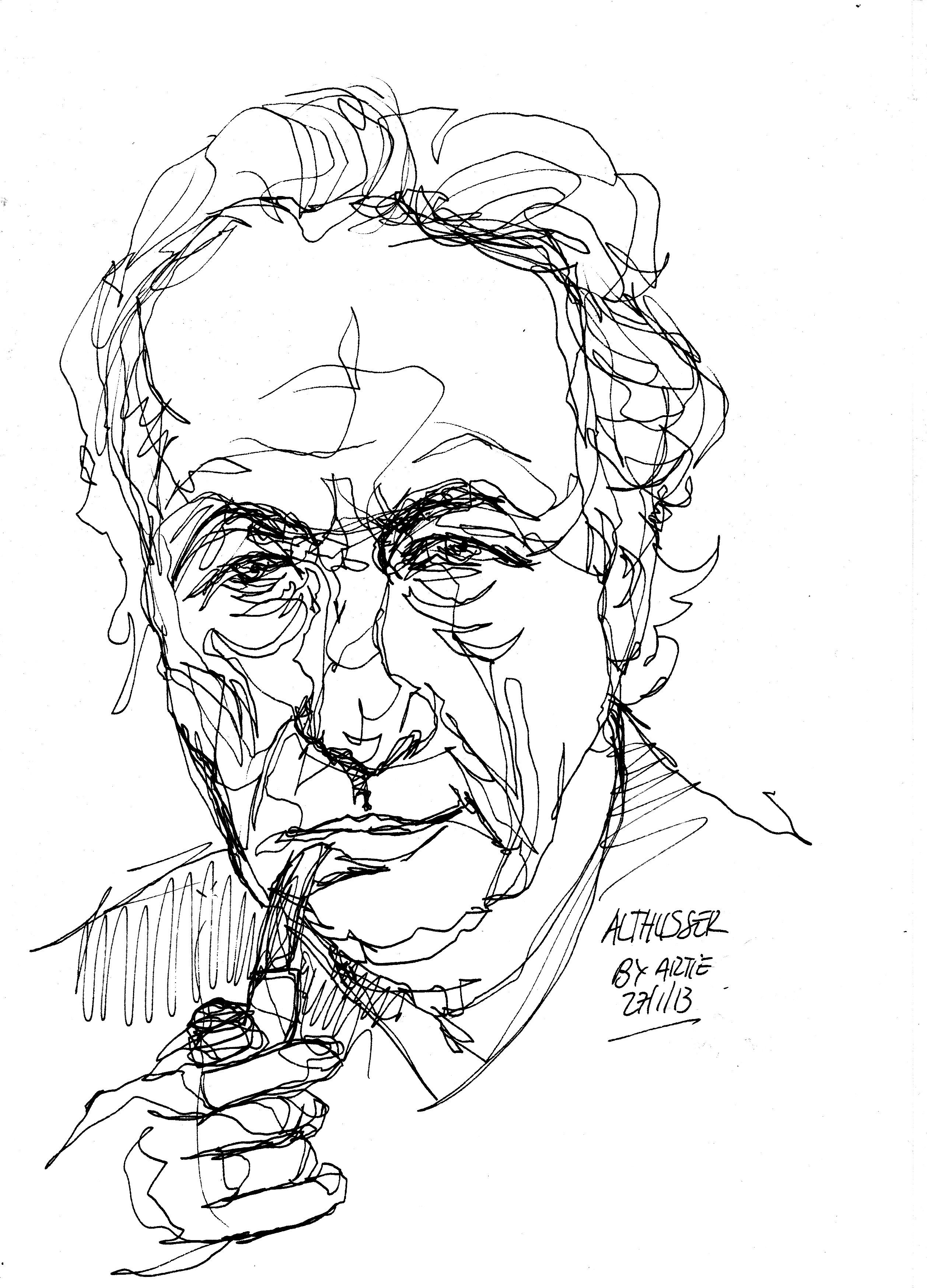
Figure 2. Louis Althusser, image credit: Arturo Espinosa, Cataluña
Figure 2. Louis Althusser, image credit: Arturo Espinosa, Cataluña
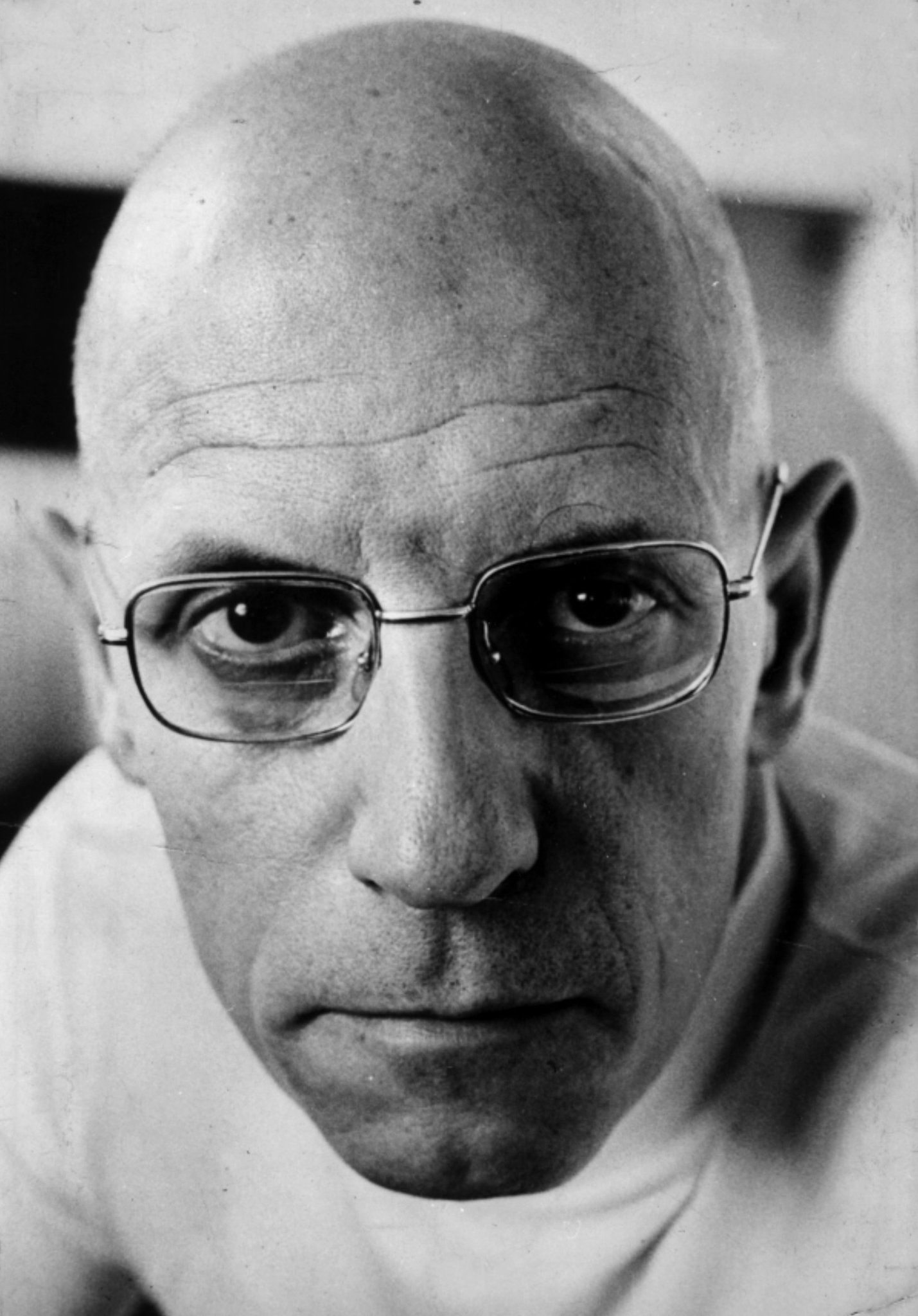
Figure 3. Michel Foucault, image credit: Camera Press, New York Times
Figure 3. Michel Foucault, image credit: Camera Press, New York Times
Queer Spaces in Dunedin
Why are they so important?
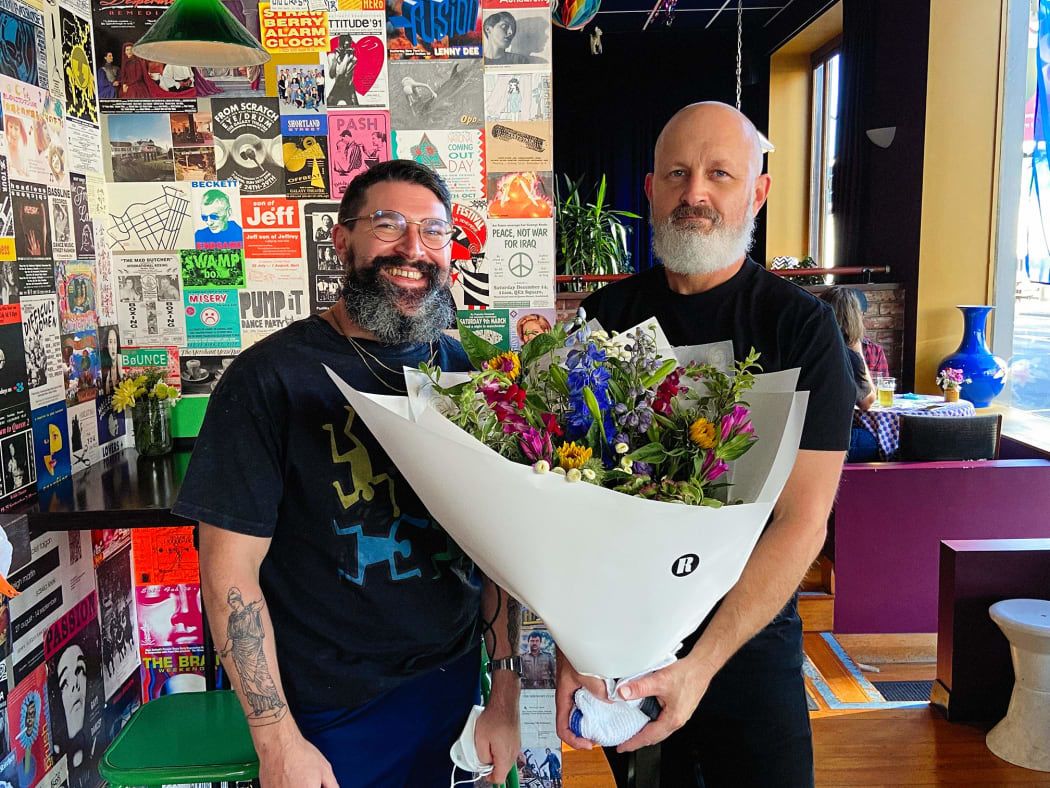
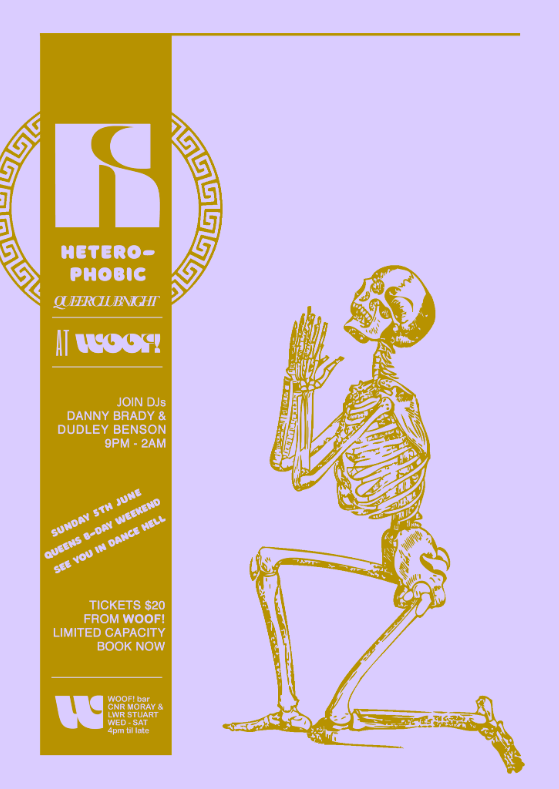
Woof!'s 'Heterophobic' Queer Club Night poster for the night held on June 5th, 2022. The poster sparked controversy online and was removed under Facebook's Community Guidelines.
Woof!'s 'Heterophobic' Queer Club Night poster for the night held on June 5th, 2022. The poster sparked controversy online and was removed under Facebook's Community Guidelines.
Trans writer and community activist Ailo Ribas wrote in Queer Spaces: An Atlas of LGBTQIA+ Places and Stories that the way we inhabit our bodies changes how we inhabit the architecture surrounding us. Queer Spaces proves the necessity of physical queer spaces with nearly 100 contributed projects and essays dedicated not only to cisgender “queer men and women” but also trans, nonbinary and other identities.
Top row, from left: Ashely Brundage, Julian Harris, Liz Fong-Jones, and Victoria Starrett. Bottom row: Precious Brady-Davis, Christian Oropeza, Jamison Green, and Donna Rose. Article: Get to Know Your Trans Co-Workers
Top row, from left: Ashely Brundage, Julian Harris, Liz Fong-Jones, and Victoria Starrett. Bottom row: Precious Brady-Davis, Christian Oropeza, Jamison Green, and Donna Rose. Article: Get to Know Your Trans Co-Workers
“Queer space is simply that which allows us to be in right relationship with change.”
Ribas describes how she uses a train ride from London to Spain to adopt a more masculine presentation so she won’t be outed to her family once she arrives.
“I used the train as a changing room, an escape pod: it is a locked bedroom door; a public bathroom; being home alone; a queer bar; a new outfit; a pair of breasts; a packer; a friend’s house; a support group." - Ailo Ribas
Historically, the emergence of queer spaces and specifically, queer bars, was established due to the social, legal, and sexual persecution of those in the LGBTQIA+ community. Queer bars were designed to provide the LGBTQIA+ community with a safe, separate, yet visible space from (hetero)normative spaces.
Queer bars supply spaces for the LGBTQIA+ community to meet, socialise and potentially participate in consensual sex, which further falls into question the blurring of the lines in-between “private” and “public” spaces.
The environment created by queer bars through lighting, music, décor and architectural design, can also be said to be gender “performative” in themselves.
Queer spaces give queer communities a place to perform, explore, construct and experiment with gender and sexual identities. Queer leisure spaces have historically been used to "provide safe and appropriate contexts for the expression of gay identities” (Markwell, 1998, p. 116). Given the (hetero)normative nature of the majority of publicly provided leisure spaces, LGBTQIA+ communities rely on these spaces to safely and regularly explore and negotiate queer identities.
A 2020 ethnographic study conducted in two gay bars in the United States asked participants about their perceptions of gay bars. Overwhelmingly, many participants defined gay bars as a “safe space” for people to “be themselves”.
The participants expressed that the term “safe” is described as being safe from intolerance and violence, while the term “being yourself” reflected the ability and allowance of individuals' gendered performances of sexuality, such as flirting, clothing, and being physical with one another.
Queer bars were described as being a universally important “norm” for the LGBTQIA+ community.
The expression of self in this environment may differ from how members of the LGBTQIA+ community would express themselves in other heteronormative spaces. This self-expression further allows for the normalisation and acceptance of a wide range of sexualities.
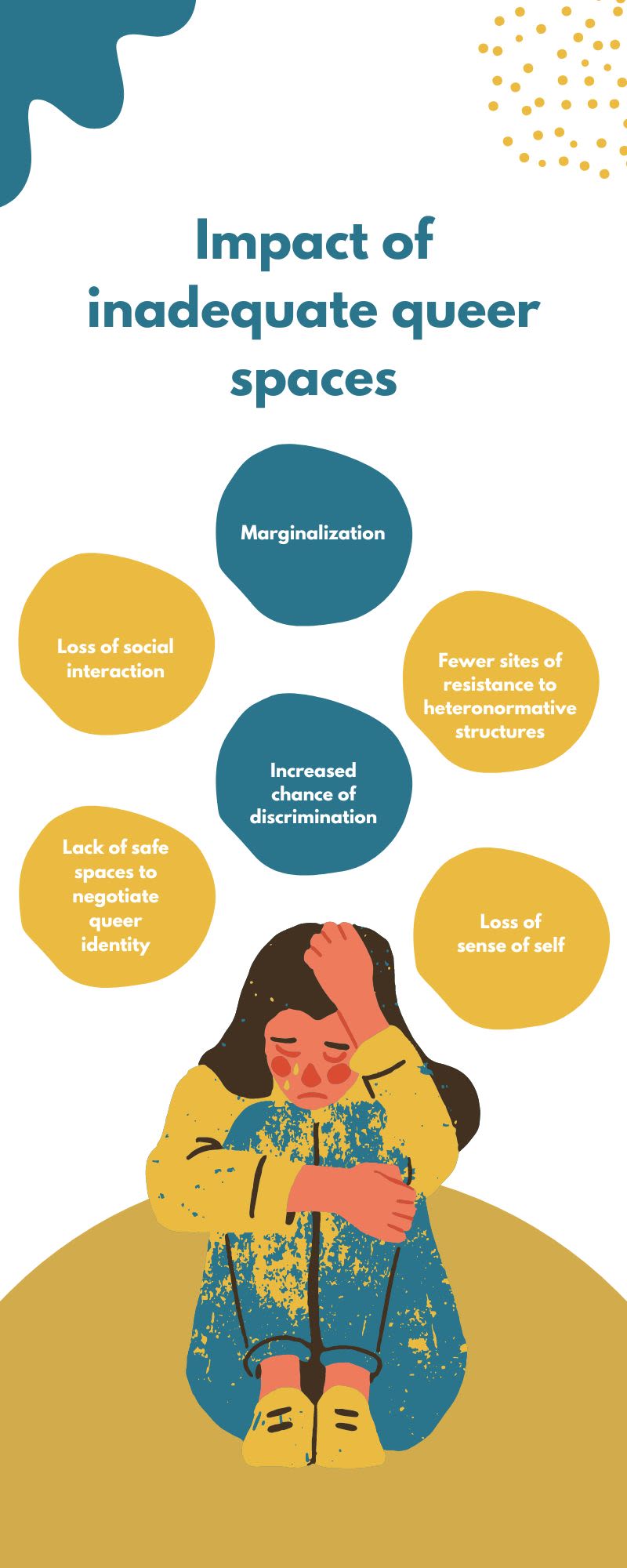
Firgure 1. Original graphic made using software program Canva
Firgure 1. Original graphic made using software program Canva
Timeline of Gendered and Queer Issues
Click arrows for an interactive timeline
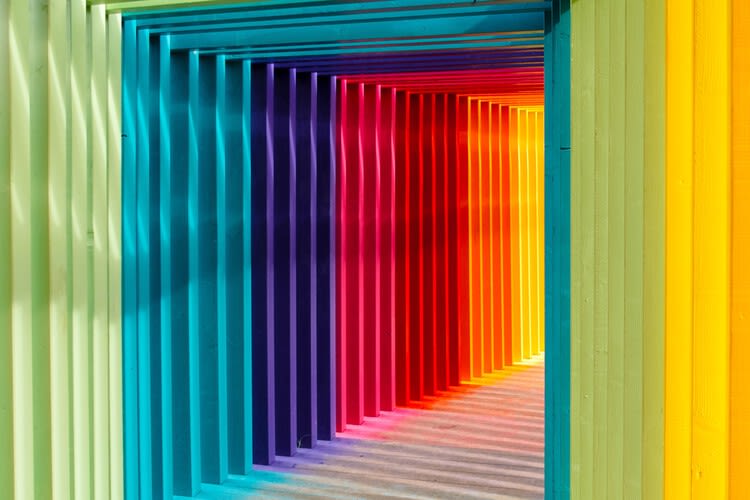
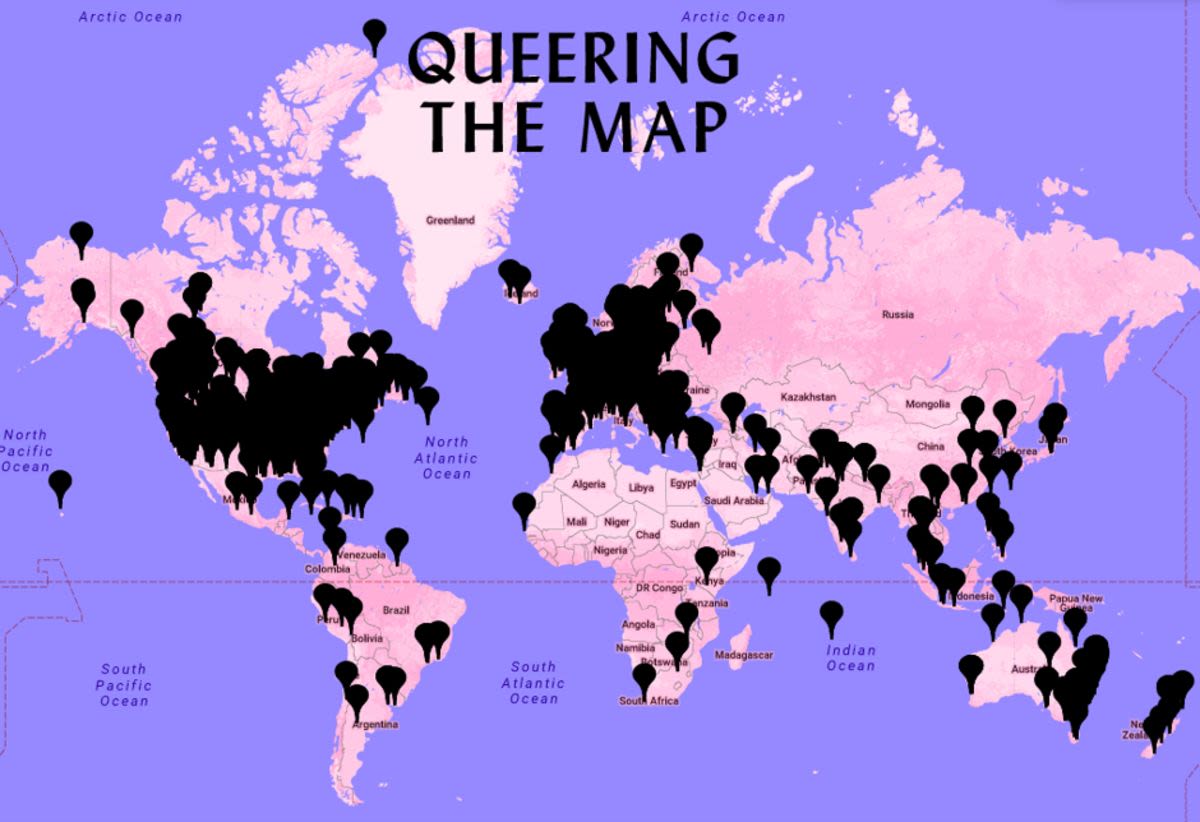
Figure 1. 'Queering the map', image credit: student, Lucas LaRochelle
Figure 1. 'Queering the map', image credit: student, Lucas LaRochelle
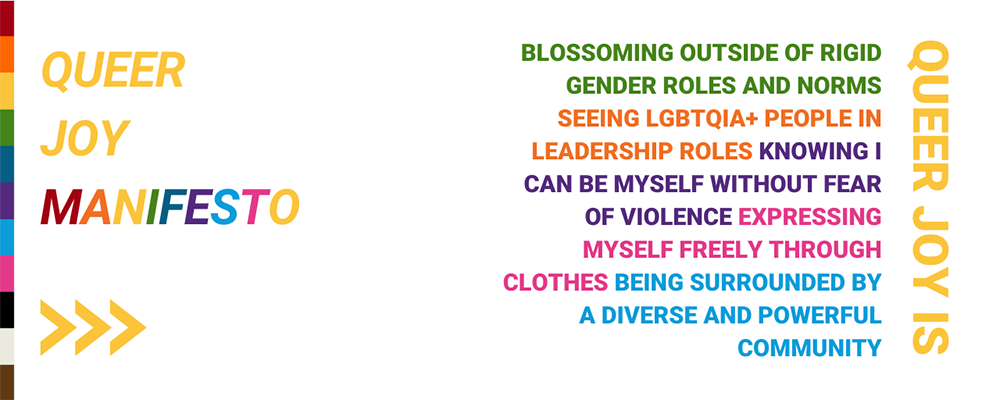
Figure 2. 'Queer Joy Manifesto', image credit: Oxfam International
Figure 2. 'Queer Joy Manifesto', image credit: Oxfam International
Online spaces for queer concerns
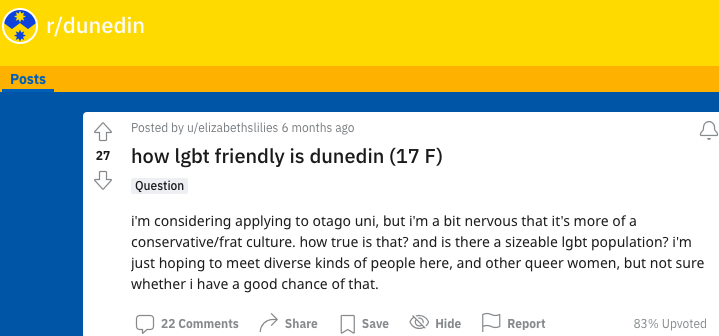
The screenshot above details a young queer person hesitant to move to Dunedin because of perceived 'conservative' culture. OP identifies her concerns over meeting diverse people and whether or not this is likely, illustrating the reality of this concern. This notion was also echoed in edition #21 of Critic Te Arohi's magazine by author Lotto Ramsay. Ramsay's piece 'Opinion: Dunedin Desperately Needs a Queer Nightlife Scene' explains that while 'Woof!' and UniQ bar do 'so the absolute most' for the queer community, it is nothing in comparison to the well-established abundance of queer and gay bars in Auckland and Wellington.
Ramsay concludes that while the University of Otago has queer groups that host daytime or community activism events, an established queer night-life (gay bars and regular queer club nights) is what the community is lacking. Dunedin cannot rely on just one or two venues to provide this.
References
Pride School (NZ), 2020. School's Pride Week. [Online]
Retrieved September 22, 2022 at: https://pride.school.nz/wp-content/uploads/2020/06/Our-History-Our-Timeline-fixed-and-final.pdf
A history of pride in Aotearoa New Zealand. (2020, March 13). Museum of New Zealand Te Papa Tongarewa, Wellington, NZ.
Anderson, A.R & Knee, M. (2021) Queer Isolation or Queering Isolation? Reflecting upon the Ramifications of COVID-19 on the Future of Queer Leisure Spaces, Leisure Sciences, 43:1-2, 118-124, DOI: 10.1080/01490400.2020.1773992
Branton, S. E., & Compton, C. A. (2021). There’s No Such Thing as a Gay Bar: Co-Sexuality and the Neoliberal Branding of Queer Spaces. Management Communication Quarterly, 35(1), 69–95. https://doi.org/10.1177/0893318920972113
Butler, J. (1989). Foucault and the Paradox of Bodily Inscriptions. The Journal of Philosophy, 86(11), 601–607.
Dudrick, D. (2005). Foucault, Butler, and the Body. European Journal of Philosophy, 13(2), 226–246. https://doi.org/10.1111/j.0966-8373.2005.00228.x
HCRInstitute (Director). (2021, November 30). LGBT+ and Covid-19: Stories from the UK and Brazil, and the need for more inclusive crisis responses. https://www.youtube.com/watch?v=McaYq-k4WOw
Halferty, J.P., (2008). Performing the construction of queer spaces. Canadian Theatre Review, 134,18-26. Retrieved September 22, 2022 from https://www.academia.edu/1021859/Performing_the_Contruction_of_Queer_Spaces
Insider, P. H. (2020, August 28). Queer in Quarantine: Connecting to online queer communities. Public Health Insider. http://publichealthinsider.com/2020/08/27/queer-in-quarantine/
Judith Butler: Your Behavior Creates Your Gender | Big Think—YouTube. (n.d.). Retrieved September 22, 2022, from https://www.youtube.com/watch?v=Bo7o2LYATDc&t=109s
Lampert, M. (2015). Resisting Ideology: On butler's Critique of Althusser. Diacritics, 43(2), 124–147.
https://www.jstor.org/stable/2027036#metadata_info_tab_contents
Queer Spaces Will Always be Necessary—Metropolis. (May, 2022). Retrieved September 22, 2022, from https://metropolismag.com/viewpoints/queer-spaces-will-always-be-necessary
LGBTQIA+ and disasters—Humanitarian and Conflict Response Institute—The University of Manchester. (n.d.). Retrieved September 22, 2022, from https://www.hcri.manchester.ac.uk/research/projects/lgbtqia+-and-disasters/
Markwell, K. (1998). Playing queer: Leisure in the lives of gay men. In D. Rowe, & G. Lawrence (Eds.), Tourism, leisure, sport: Critical perspectives (pp. 112–123). Hodder Education.
Opinion: Dunedin Desperately Needs a Queer Nightlife Scene. (2022). Critic - Te Ārohi. Retrieved September 22, 2022, from http://www.critic.co.nz/culture/article/10369/opinion-dunedin-desperately-needs-a-queer-nightlif
Queer Spaces Will Always be Necessary—Metropolis. (May, 2022). Retrieved September 22, 2022, from https://metropolismag.com/viewpoints/queer-spaces-will-always-be-necessary/
The importance of queer community resilience. (n.d.). Retrieved September 22, 2022, from https://www.preventionweb.net/news/importance-queer-community-resilience
Women’s suffrage milestones. (2018). Retrieved September 22, 2022, from https://nzhistory.govt.nz/politics/womens-suffrage/suffrage-milestones
Woof! Bar, Dunedin I Neat Places. (n.d.). Retrieved September 22, 2022, from https://neatplaces.co.nz/places/dunedin/eat-drink/woof
